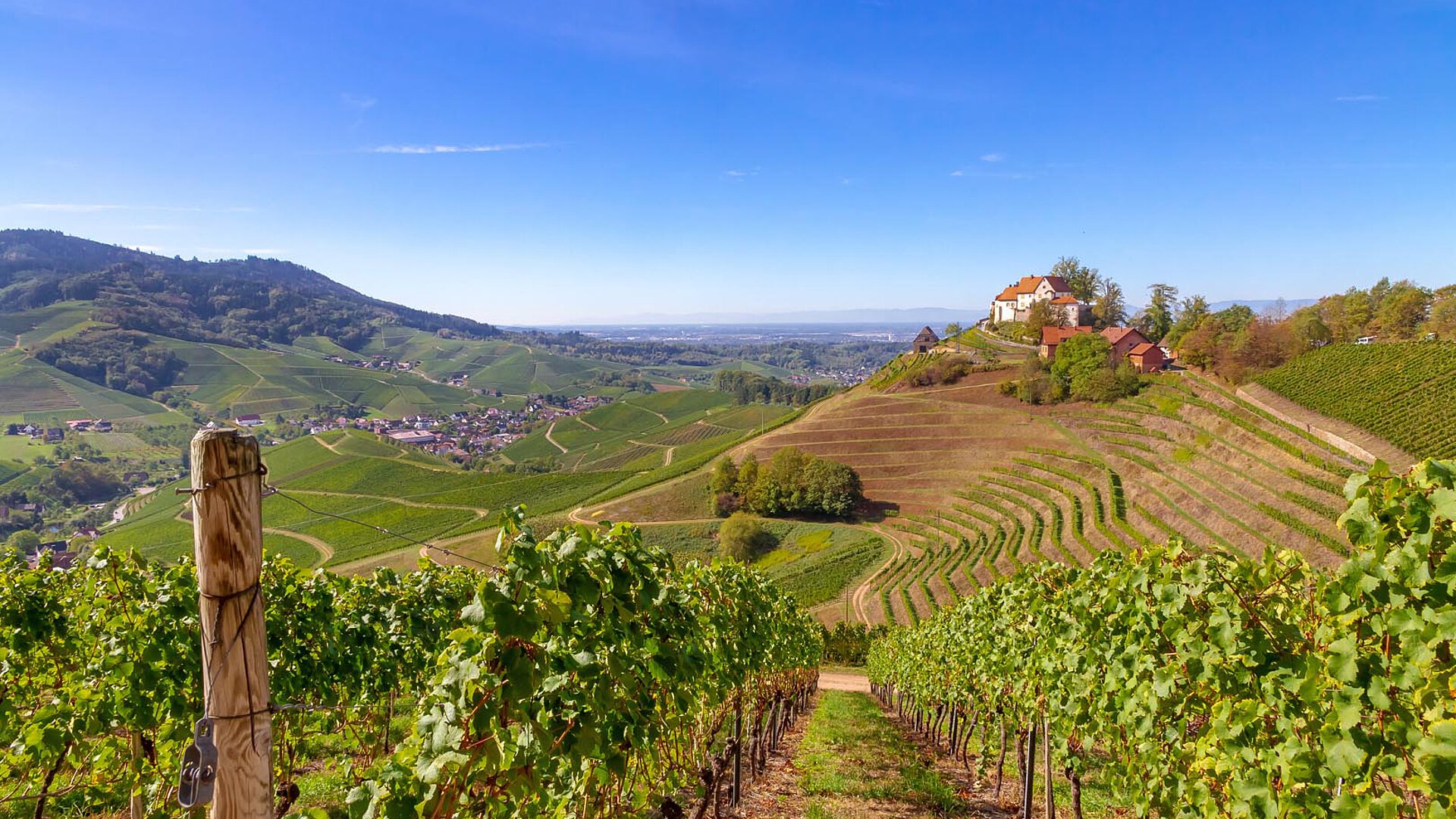Farmtravel glossary
All the Agritourism terms you need to know.
R
Responsible Tourism
- Kategorie:
- R
What is Responsible Tourism and How Can You Practice It?
Responsible tourism transcends ordinary travel practices by placing ethical considerations at its core. This transformative approach reshapes how we explore the world, demanding mindful choices that benefit both visitors and host communities while safeguarding cultural and environmental resources for future generations.
Through years of hands-on experience in destination management, we've witnessed how thoughtful travel choices create meaningful change in communities. Have you ever considered how your travel decisions might transform a local economy?
Beyond Traditional Tourism
Working directly with communities has taught us that responsible tourism isn't just a trend—it's a fundamental shift in how we approach travel. Let's explore what makes it unique:
- Social Impact: Creating sustainable livelihoods for local communities
- Environmental Stewardship: Developing effective conservation practices
- Cultural Preservation: Protecting authentic traditions while allowing natural evolution
- Economic Justice: Ensuring fair revenue distribution
- Community Empowerment: Building lasting capacity through skills transfer
Real-World Applications
Success in responsible tourism requires active participation at every level. Consider these proven practices:
Key Strategies
- Local Partnership Models: Building genuine community connections
- Sustainable Operations: Implementing practical impact reduction
- Community Integration: Creating authentic engagement opportunities
- Resource Management: Developing smart conservation approaches
- Cultural Exchange: Fostering meaningful interactions
Community Benefits
Our work with diverse destinations has revealed consistent positive outcomes:
- Economic Growth: Increased local business opportunities
- Environmental Protection: Enhanced natural resource management
- Social Development: Improved community well-being
- Cultural Sustainability: Strengthened traditional practices
- Education: Enriched knowledge exchange
Professional Implementation
Experience shows these elements are crucial for success:
- Strategic Planning: Thoughtful development approaches
- Community Leadership: Local decision-making power
- Impact Assessment: Regular program evaluation
- Adaptive Management: Flexible response to needs
- Stakeholder Engagement: Inclusive participation
Future Directions
The industry continues to evolve through:
- Innovation: Smart solutions for sustainability
- Community-Led Initiatives: Local creativity driving change
- Cultural Understanding: Deeper exchange programs
- Sustainable Development: New community investment approaches
- Global Collaboration: Strengthened destination networks
The future of tourism lies in responsible practices—not as an option, but as the foundation of sustainable travel. Through our ongoing work with destinations worldwide, we've seen how thoughtful tourism transforms communities while enriching visitor experiences.

